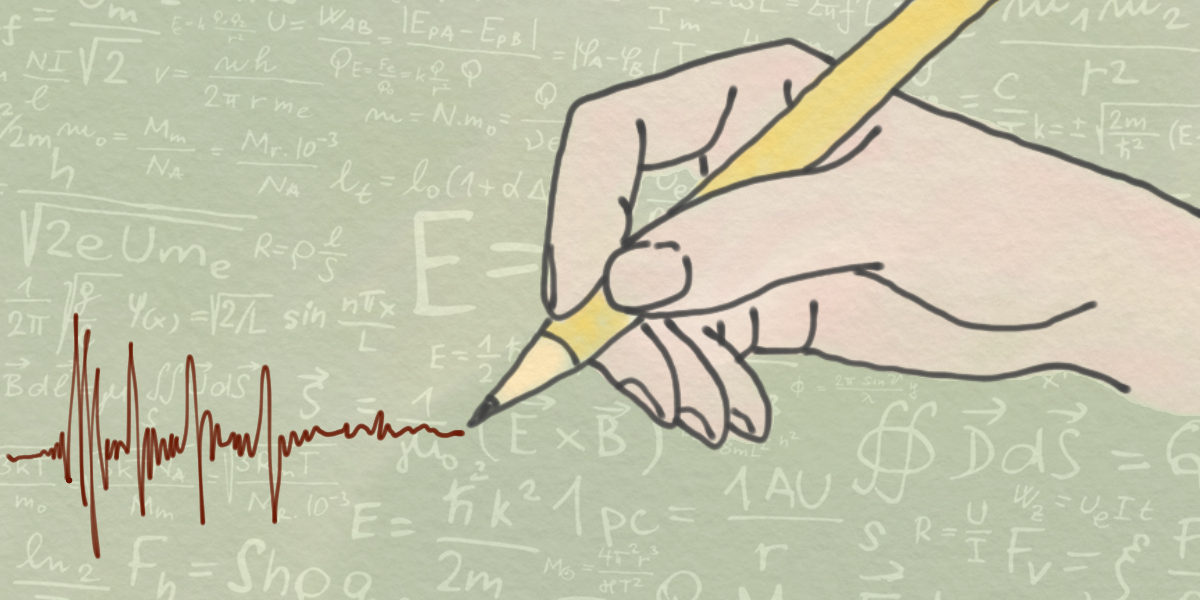When there is a lot at stake in situations such as testing-taking to get into college or business, law or med school, stress can mount and impair your ability to focus, concentrate and remember information. This can lead to diminishing test performance, decreased confidence and a feeling of helplessness to overcome it. Like any pressured situation—whether it be a test, musical performance or athletic endeavor—learning to manage or eliminate anxiety is the key to achievement.
Here are some tips that may help reduce test anxiety:
Learn How to Study Efficiently
Techniques for studying and test-taking strategies are two resources that can help you learn. You’ll feel more relaxed if you systematically study and practice the material that will be on a test.
Don’t Forget to Eat and Drink
Just like muscles in your body, your brain needs fuel to function. Eat the day of the test so that you’re not running on empty when test time arrives. Also, drink plenty of water. Avoid sugary drinks such as soda, which can cause your blood sugar to peak and then drop, or caffeinated beverages such as energy drinks or coffee, which can increase anxiety.
Get Some Exercise
Regular aerobic exercise, and exercising on exam day, can help release tension.
Get Plenty of Sleep
Sleep is directly related to academic performance. Preteens and teenagers especially need to get regular, solid sleep.
Practice Relaxation Techniques
There are a number of things you can do right before and during the test to help you stay calm and confident:
- Breathe deeply
- Relax your muscles one at a time
- Close your eyes and imagining a positive outcome
Establish a Consistent Pre-Test Routine
Using the aforementioned tips, learn what routine works for you, and follow the same steps each time you’re getting ready to take a test. This will ease your stress level and help assure you that you’re well prepared.
Talk to Your Teacher/Tutor
Make sure you understand what’s going to be covered on each test and know exactly how to prepare. In addition, let your teacher know that you feel anxious when you take tests. He or she may have suggestions to help you succeed.
Don’t Ignore a Learning Disability
Test anxiety may improve by addressing an underlying condition that interferes with the ability to learn, focus or concentrate, for example, attention-deficit/hyperactivity disorder (ADHD) or dyslexia. In many cases, a student diagnosed with a learning disability is entitled help with test taking, such as extra time to complete a test or having questions read aloud.
See a Professional Counselor
Talk therapy, especially Cognitive Behavioral Therapy (psychotherapy) with a psychotherapist, psychologist or other mental health provider can help you work through feelings, thoughts and behaviors that cause or worsen anxiety. Check to see if your school or employer offers this kind of assistance.
About the Author:
Dr. Mike Klaybor brings over 30 years of experience in practicing counseling psychology with individuals and couples. His specific specialties include; anxiety and stress management, chronic pain & chronic illness management, depression, substance abuse evaluations, employee assistance and executive coaching for workplace performance and leadership.
You can learn more about Dr. Klaybor by visiting his clinician profile. To contact us confidentially about anxiety or another matter our clinicians can assist with, click here.










